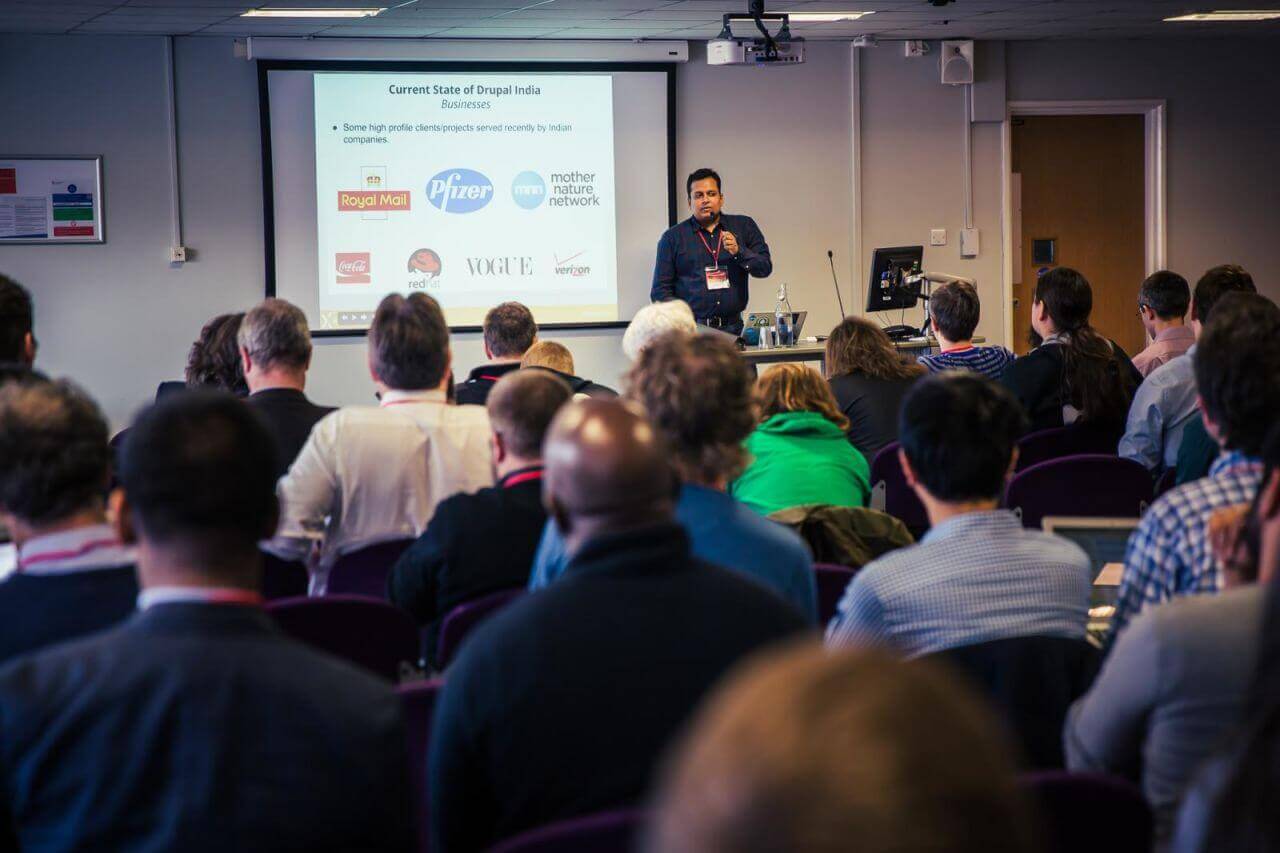Introduction
This document lists objectives of the Axelerant Contribution Committee and describes its functions.
Background
Contributions are a vital part of any open source community, which also includes organizations utilizing open source software or providing services related to the open source software. At Axelerant, we use two of the most popular open source content management systems and frameworks and are proud to contribute back to those systems.
The purpose of the contribution committee will be to direct contributions for maximum efficiency and benefits primarily to the open source ecosystem and also to Axelerant. This is achieved through various objectives and tasks defined in this document.
At this time, this guideline focuses on Drupal specific contribution and will evolve to cater for WordPress and other systems as well. Contributions to this document are welcome.
Inspiration
The idea for the contribution committee is borrowed from Mediacurrent contribution committee. The objectives and tasks of this committee are also closely aligned with objectives and tasks defined in the Mediacurrent’s announcement of contribution committee.
Objectives
- Promote and highlight contribution efforts in progress at Axelerant.
- Highlight benefits of participating and contributing to the community at large.
- Coordinate contribution efforts across various individuals and squads.
- Provide mentoring and training for individuals to get started with contribution and also sustain it.
- Collect and track contribution effort spent across Axelerant to not just code contributions, but also non-code forms of contributions.
Tasks
- Mentor and train individuals to modularize websites so that effort can be extracted for community contributions to the maximum extent possible.
- For WordPress, use plugins, themes, or API for extracting community contributions.
- For Drupal, follow best practices to split the responsibility of each task into separate modules as appropriate so that most of them can be converted to a generic use case.
References

Hussain Abbas, Director of Developer Experience Services
Hussain is a calm ambivert who'll surprise you with his sense of humor (and sublime cooking skills). Our resident sci-fi and fantasy fanatic.

 We respect your privacy. Your information is safe.
We respect your privacy. Your information is safe.



Leave us a comment